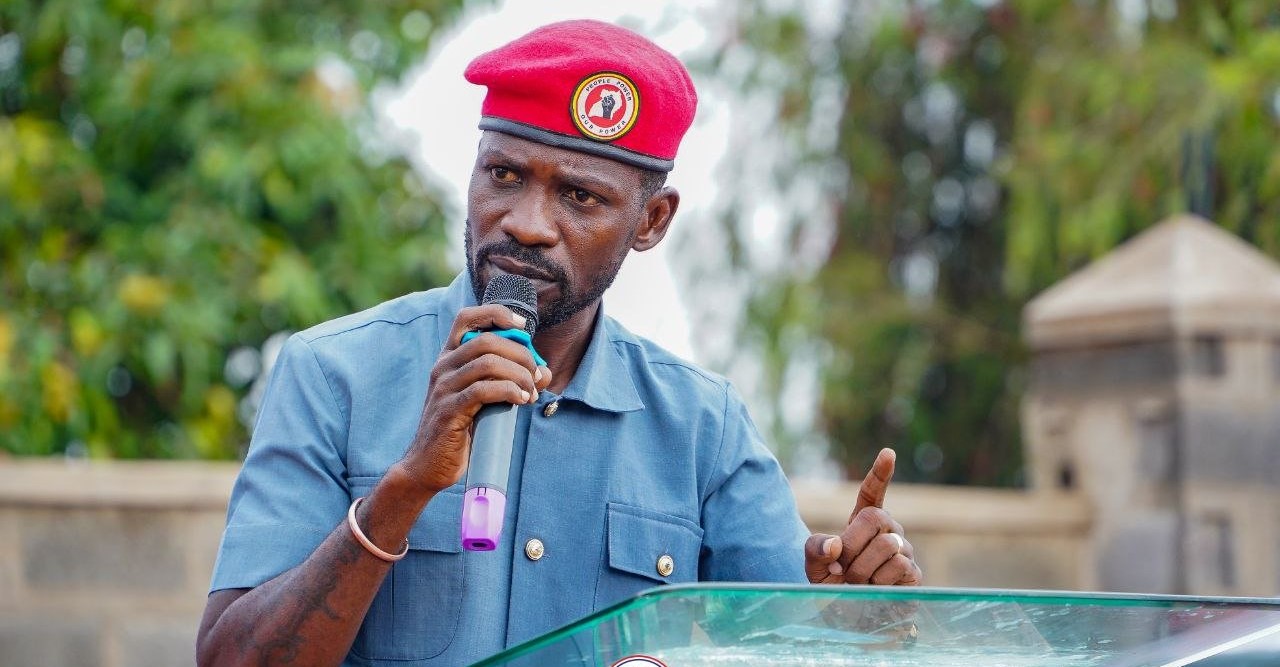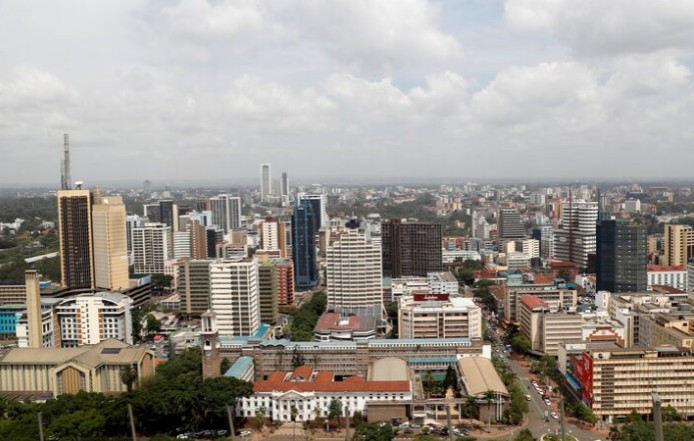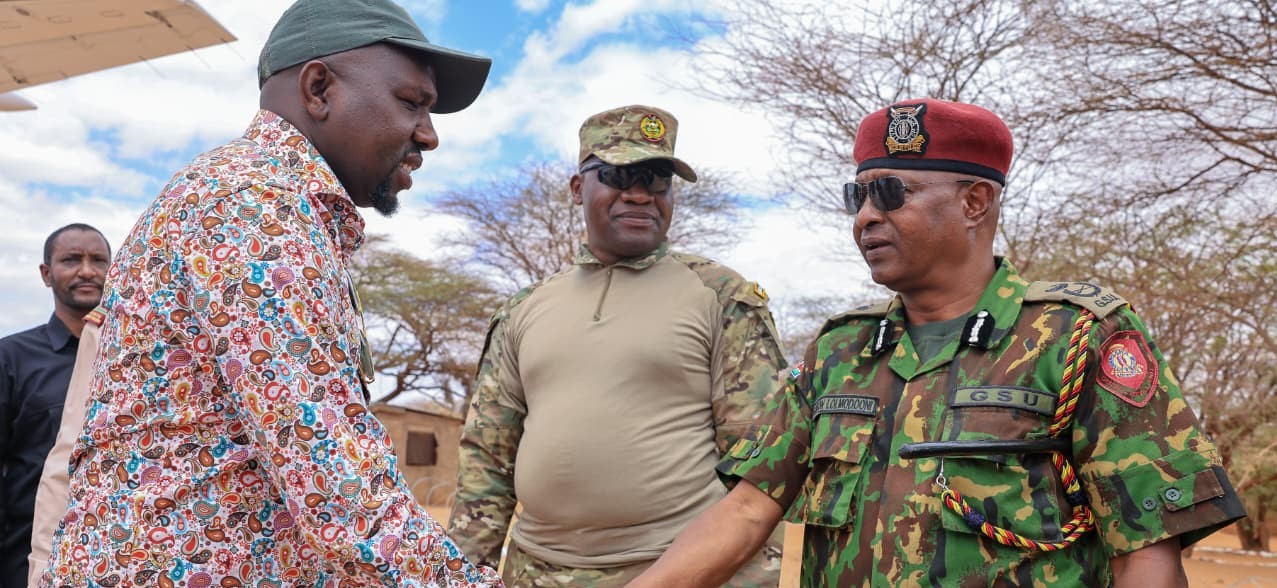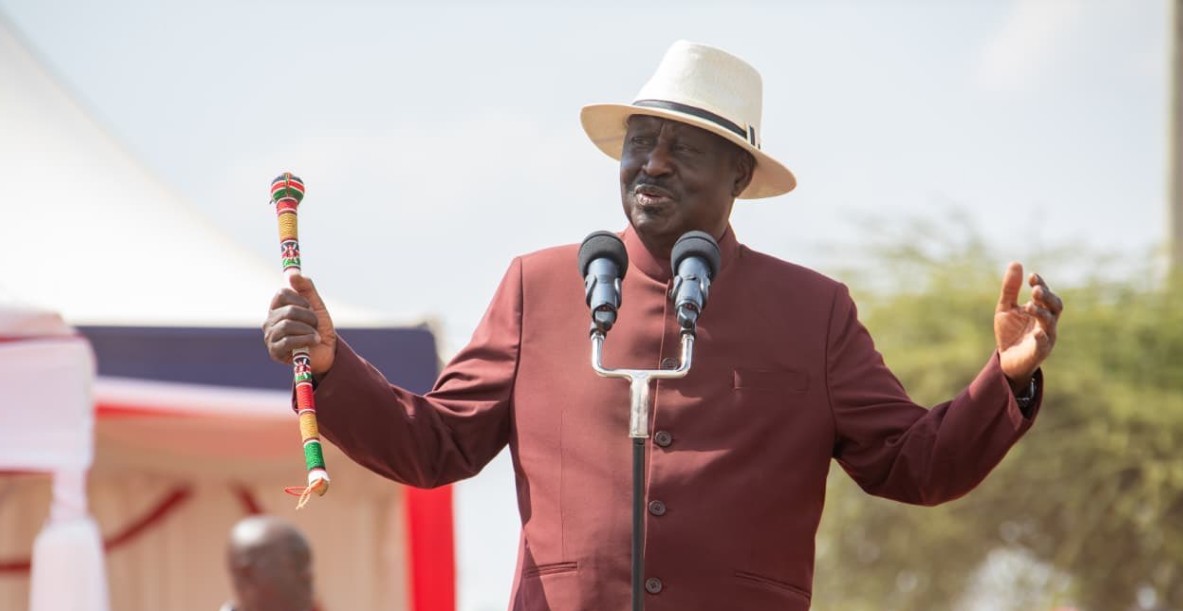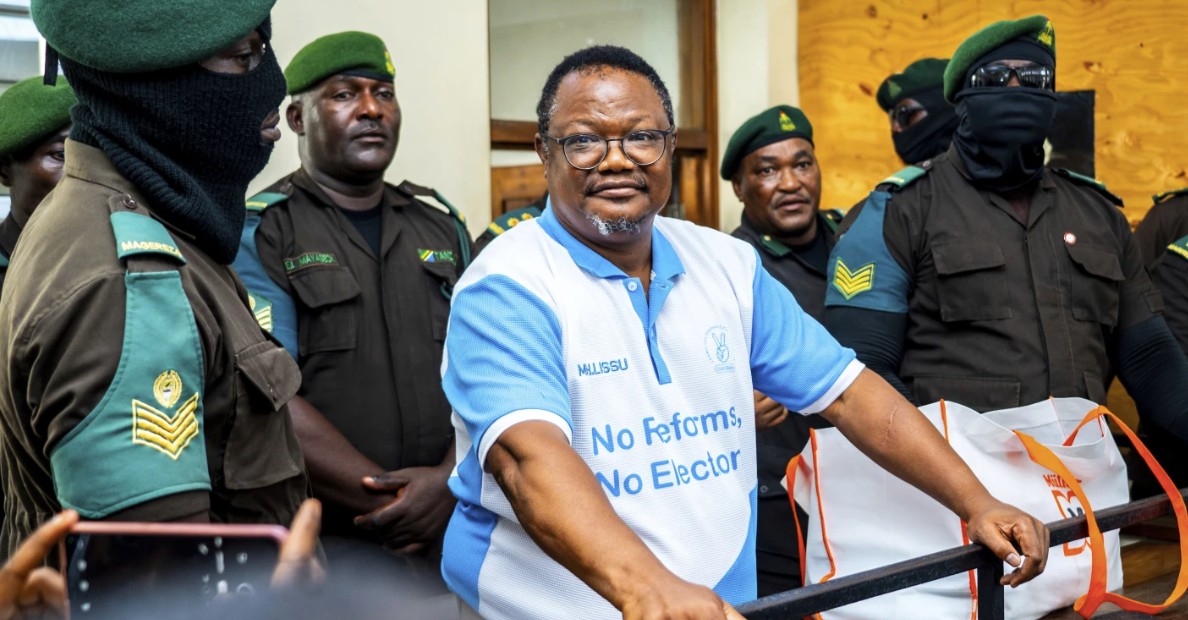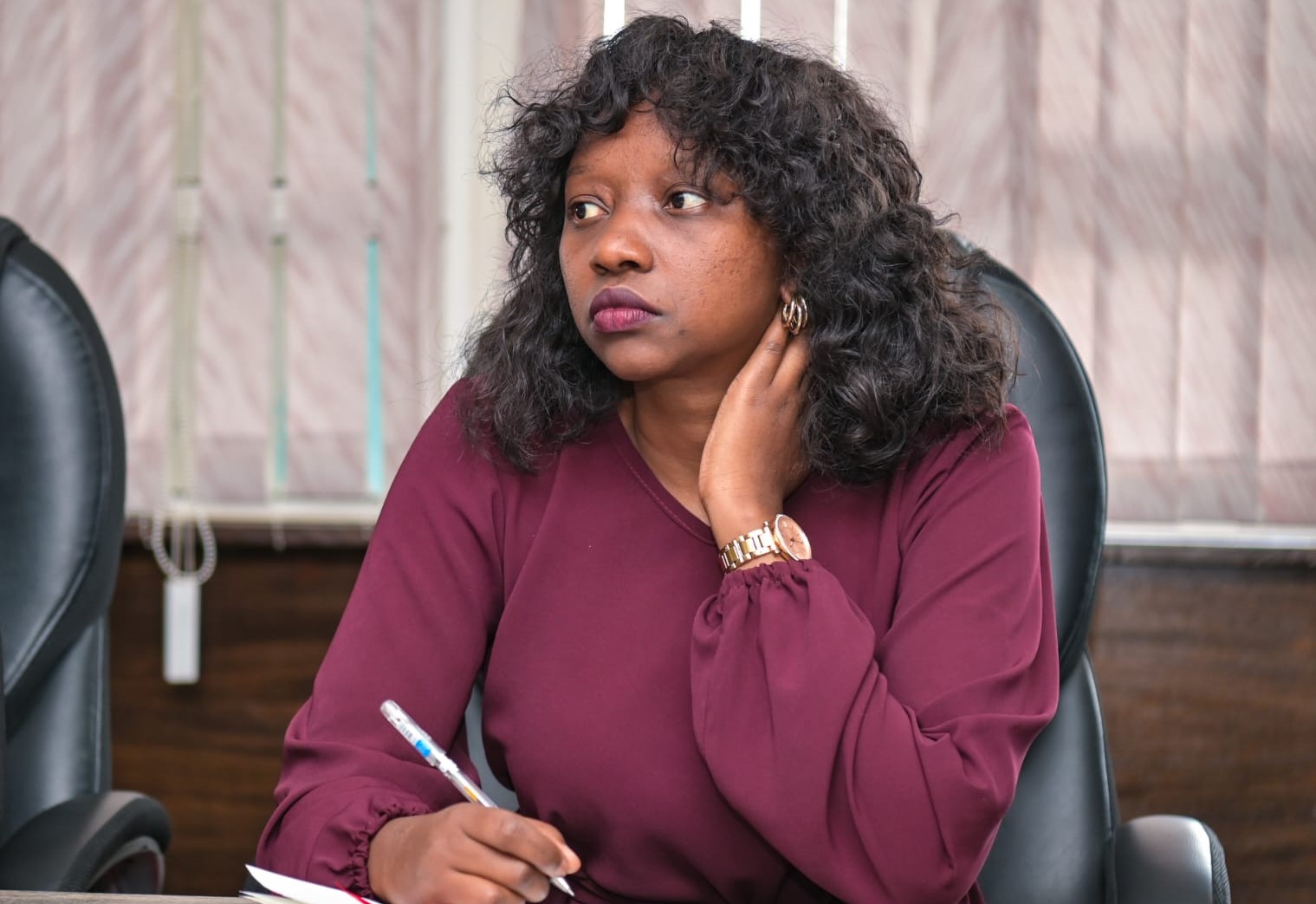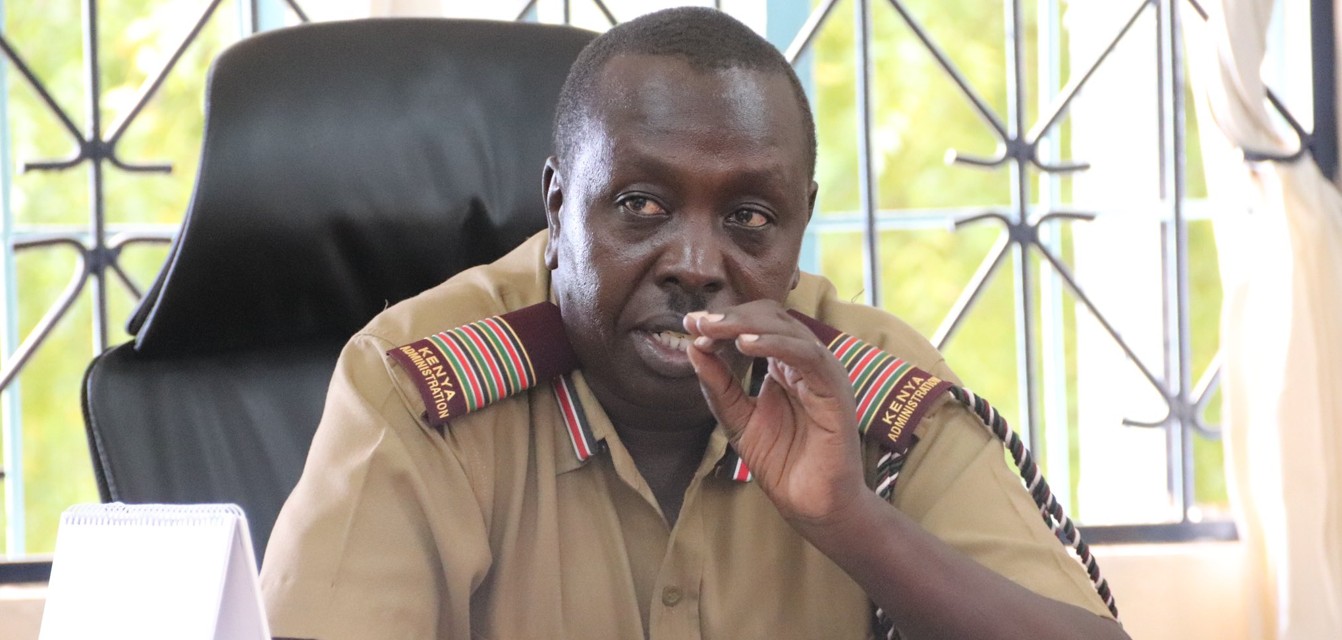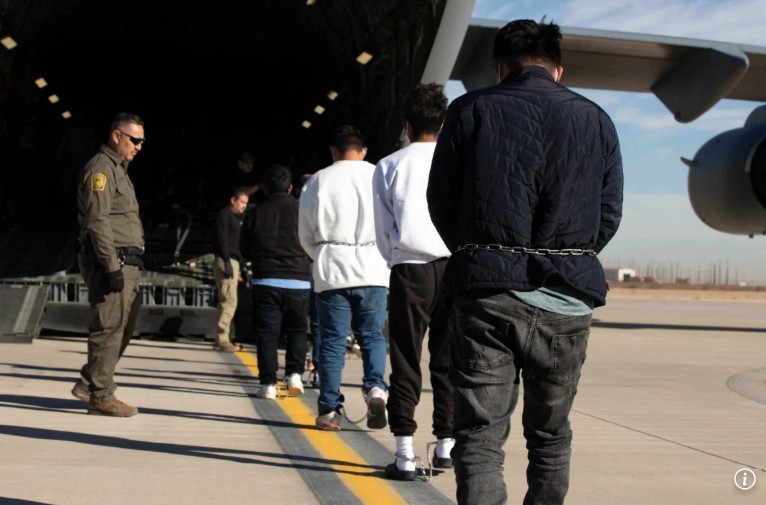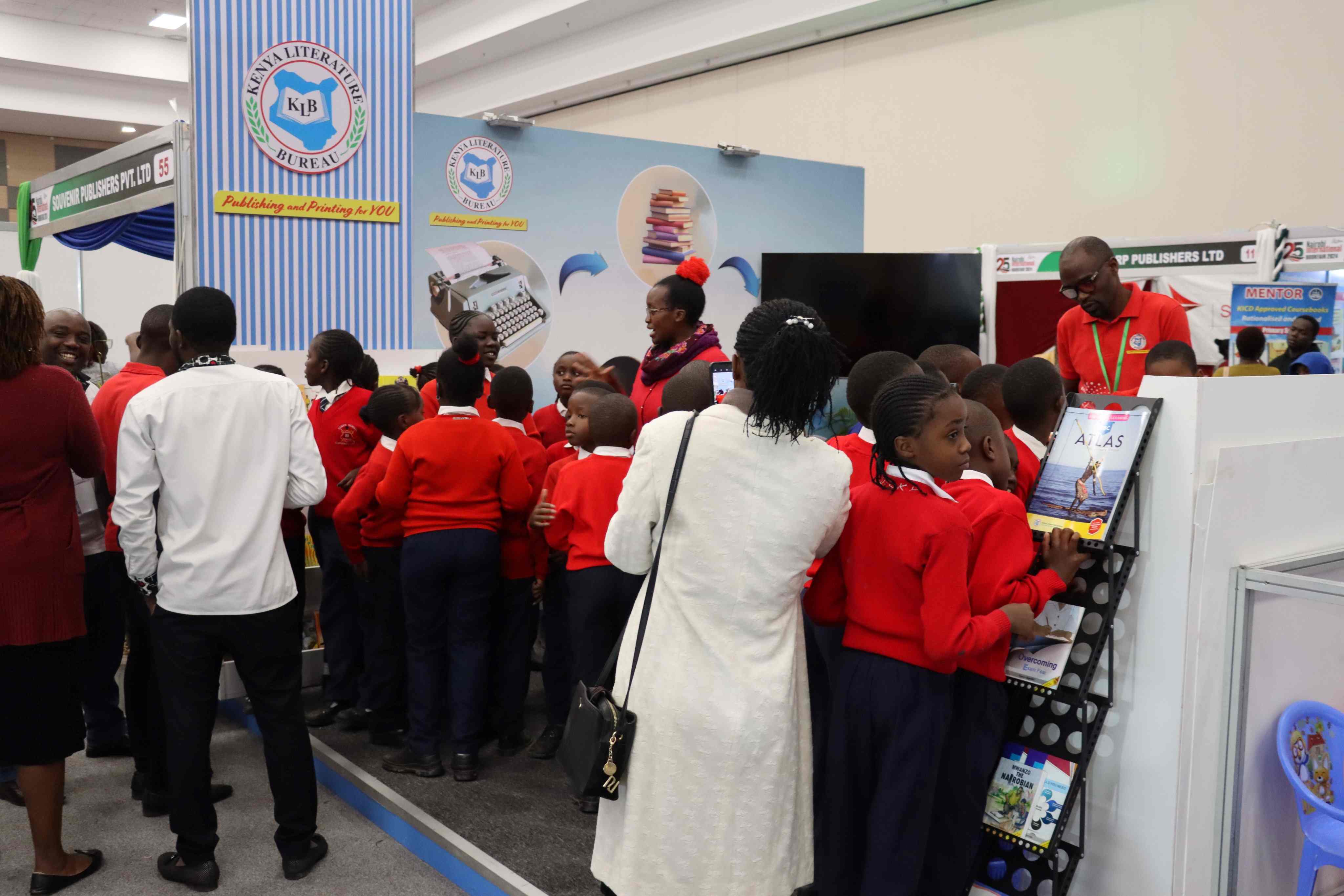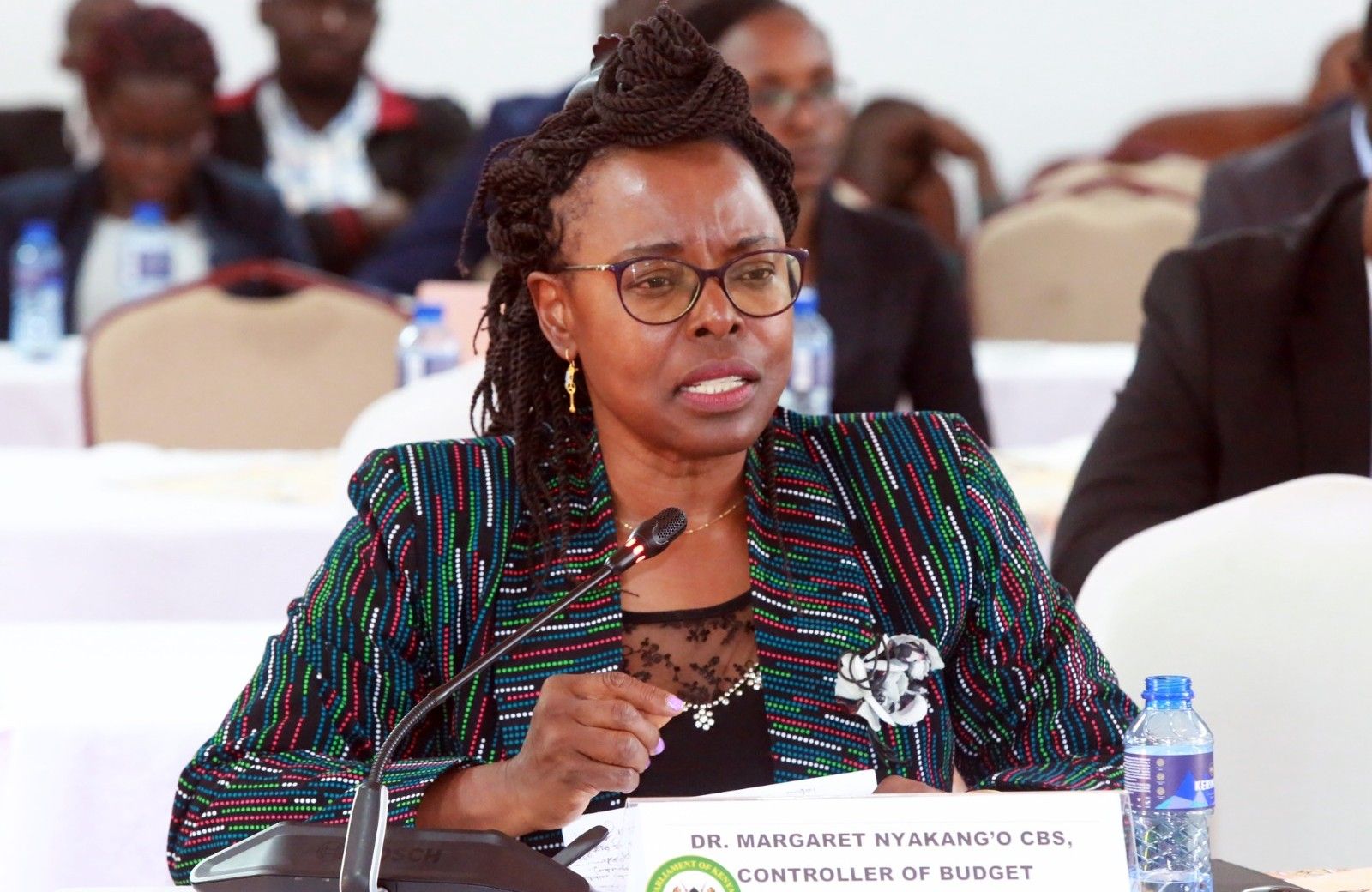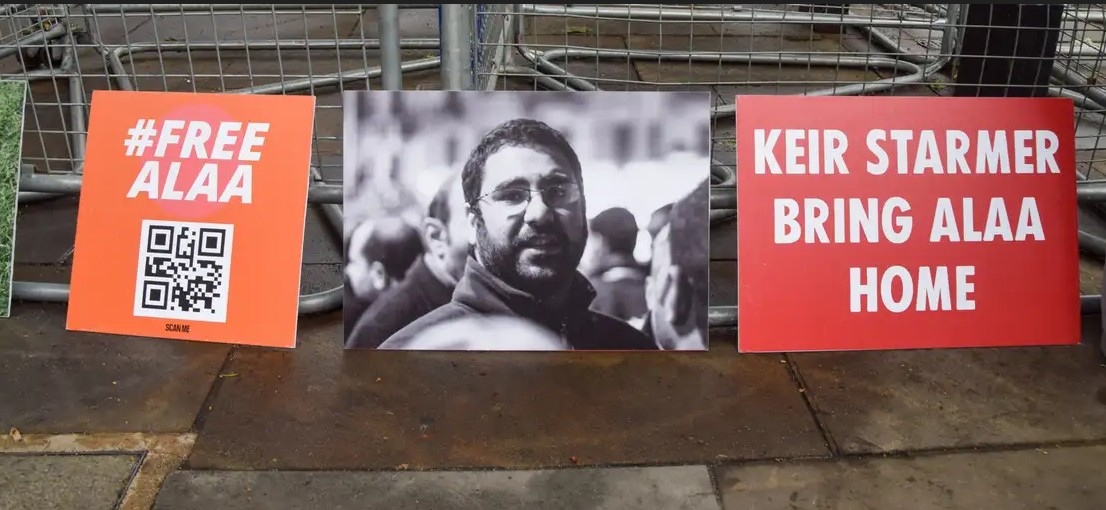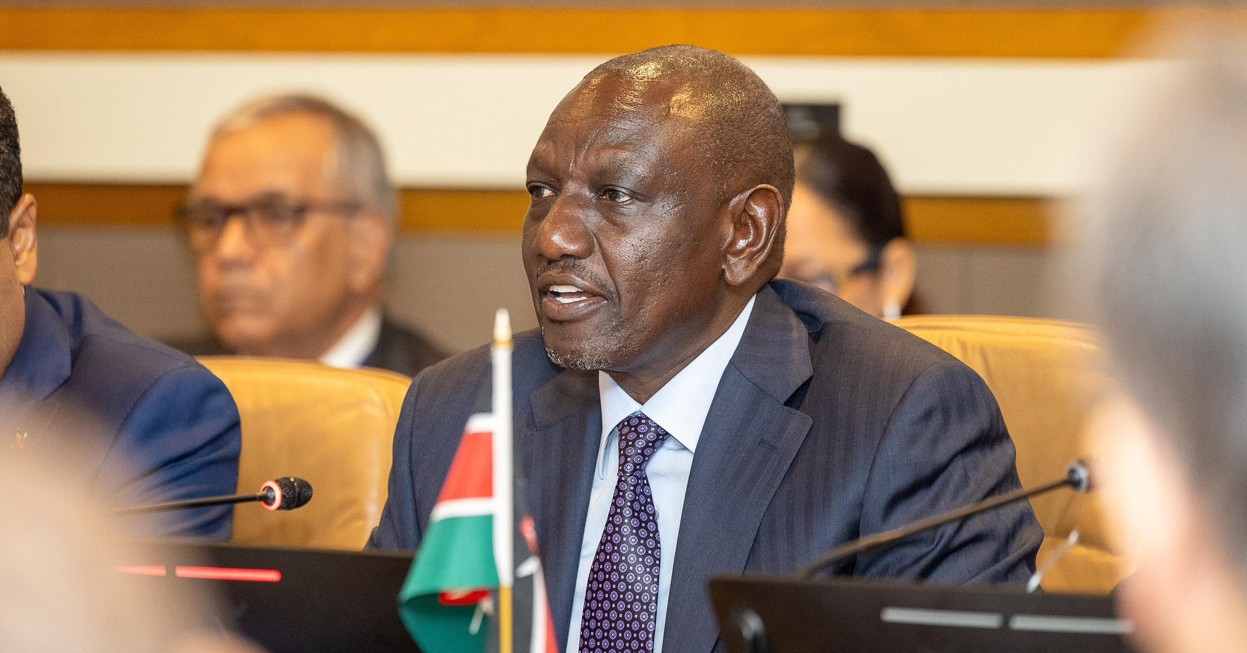US, British citizens among suspects on trial in Congo after thwarted coup
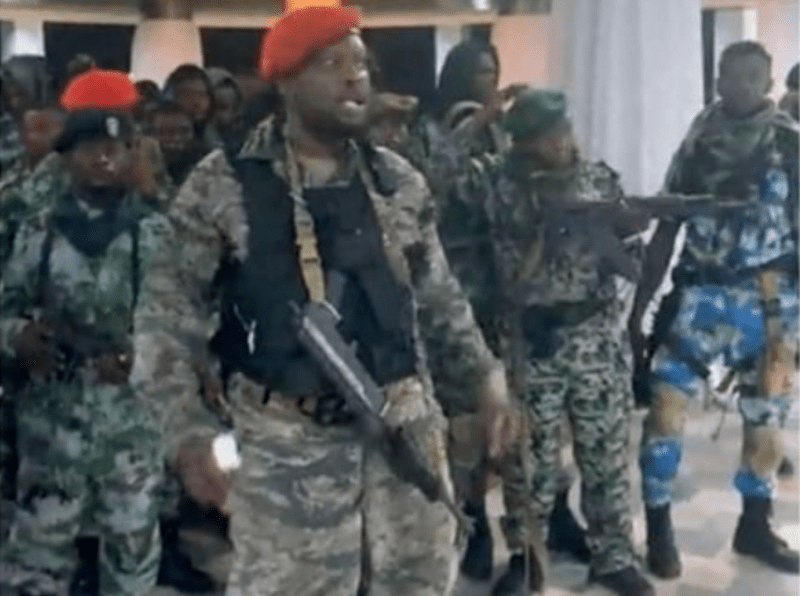
All 53 face charges including illegal arms possession, criminal conspiracy, terrorism and attempts to destabilise state institutions and undermine the integrity of the state.
More than 50 defendants, including six with US, British, Canadian or Belgian citizenship, appeared in court in the Democratic Republic of Congo on Friday charged with taking part in a failed coup and other offences that carry the death penalty.
Armed men briefly occupied an office of the presidency in the capital Kinshasa on May 19 before their leader, US-based Congolese politician Christian Malanga, was killed by security forces.
More To Read
- Congolese army appeals to captured troops to uphold duty, loyalty
- Massive trenches are swallowing homes across the DRC
- At least 193 dead in two separate boat accidents in Congo River
- Kenya’s Ambassador to DRC ordered to repay Sh1.8 Million over irregular KMTC appointment
- Over 100 killed as canoe capsizes in northwestern DR Congo
- DRC’s Joseph Kabila is on trial for treason: What case against the former Congolese president is all about
The defendants include Malanga's 22-year-old son Marcel Malanga, two other US citizens and the three other holders of foreign passports. All have Congolese roots.
The first day of the military trial took place under a tent in the yard of Ndolo military prison on the outskirts of Kinshasa. The defendants filed in wearing blue and yellow prison-issued tops and lined up before the judge.
All 53 face charges including illegal arms possession, criminal conspiracy, terrorism and attempts to destabilise state institutions and undermine the integrity of the state, some of which risk the death penalty or lengthy prison sentences.
The defendants were identified in court, and charges read, but they were not asked to enter a plea.
Congo lifted a moratorium on the death penalty in March, citing treachery and espionage in recurring armed conflicts as the reason.
Richard Bondo, a lawyer for one of the US detainees, Benjamin Zalman-Polun, told Reuters it was too soon to talk of possible extradition, and the presumption of innocence applied.
Top Stories Today
